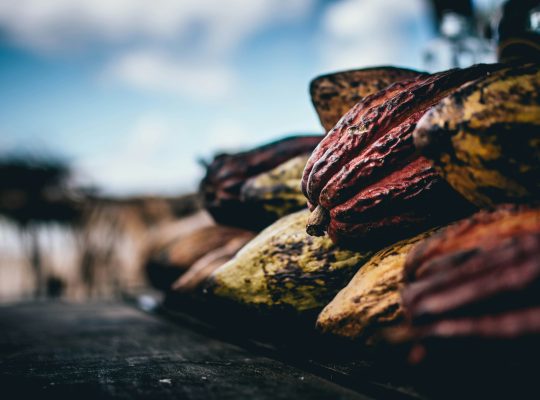Abu Dhabi’s Mubadala Energy, a branch of the Mubadala Investment Company, announced the discovery of a sizeable gas reserve located in the sea region close to Indonesia. The newly found gas supply comes from the Tangkulo-1 exploration site, situated roughly 65 kilometers from North Sumatra’s coast in the South Andaman sea area.
Testing conditions were less than ideal, yet initial results show the well could bring in about 80 to 100 million standard cubic feet of gas each day, along with over 2,000 barrels of a liquid gas product known as condensate.
This exciting discovery follows on the heels of another major find by Mubadala Energy in Indonesia’s South Andaman area in the prior year. At that time, they confirmed a huge deep-sea reserve with a potential to hold over 6 trillion cubic feet of untapped gas through the Layaran-1 exploration project.
Mansoor Al Hamed, Mubadala Energy’s Chief Executive, hailed this achievement as a transformative moment for both Indonesia’s and Southeast Asia’s energy sectors. He shared his optimism about harnessing the complete potential of the gas block, crediting the collaboration with partners and technical expertise.
With a dominant 80% interest in the South Andaman zone, Mubadala Energy holds prime position there. The newly identified gas source is deemed to play a key role in the anticipated growth of the company, with a possibility of uncovering even more gas in nearby areas, all part of a larger scheme for regional energy development.
Mubadala Energy, which has been present in Indonesia since 2004 and was previously titled Mubadala Petroleum, operates across 11 countries, with its main activities located in the Middle East, North Africa, Russia, and Southeast Asia.
Countries worldwide are actively considering natural gas as a preferred alternative to coal because of its relatively cleaner properties. Indonesia, which is among the top coal exporters globally and leads the Southeast Asian economies, has set an ambitious target for itself. The nation wants renewable sources to contribute at least 51% of its total power generation by 2030, aiming for carbon neutrality by 2060 or potentially sooner.
The International Energy Agency reported that global coal demand might start to see a downturn in the upcoming year and hit a stable period until 2026, a change attributed to the substantial growth in renewable energy developments projected in the following years. Coal use is expected to see a 2.3% decline by 2026 due to these developments.








